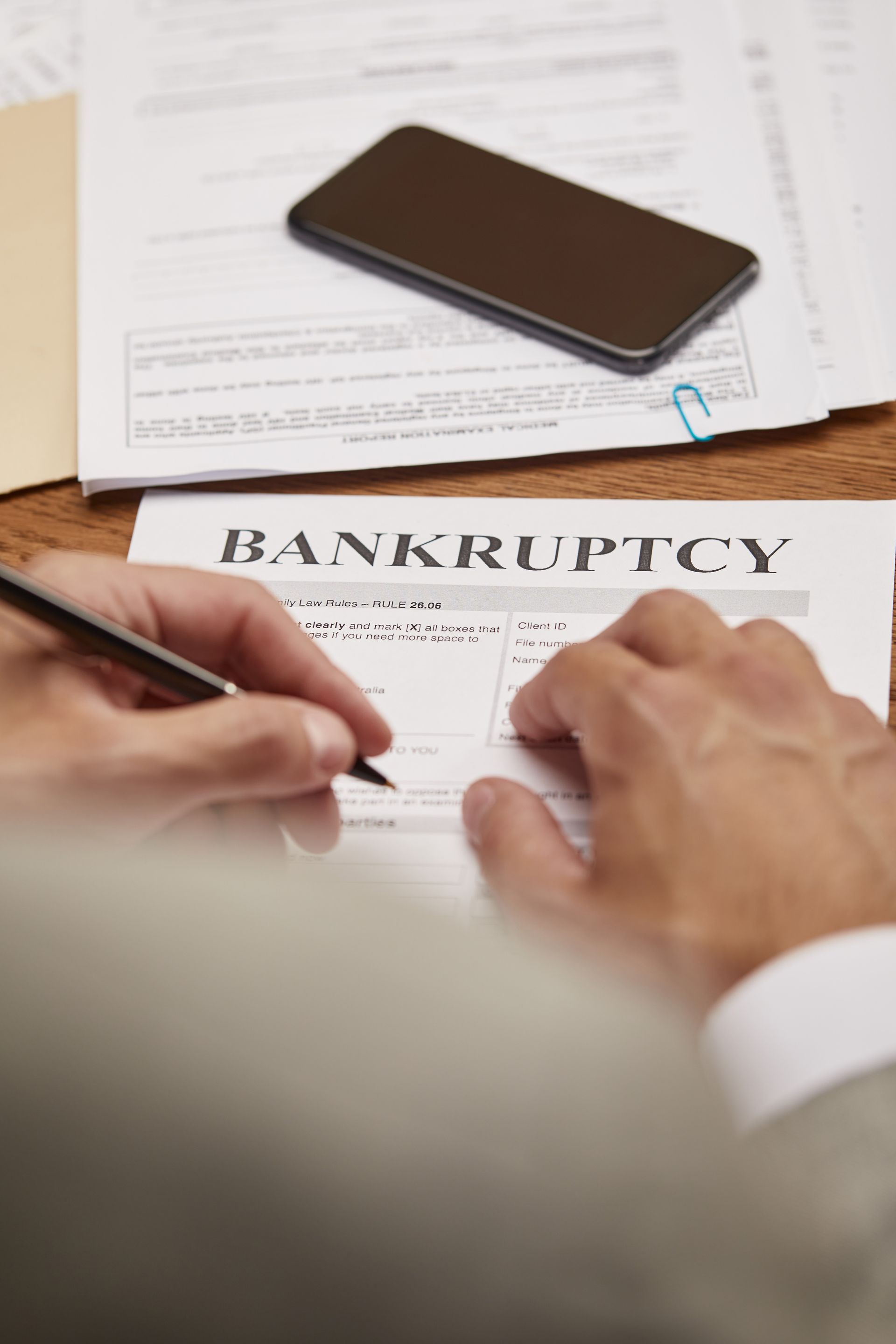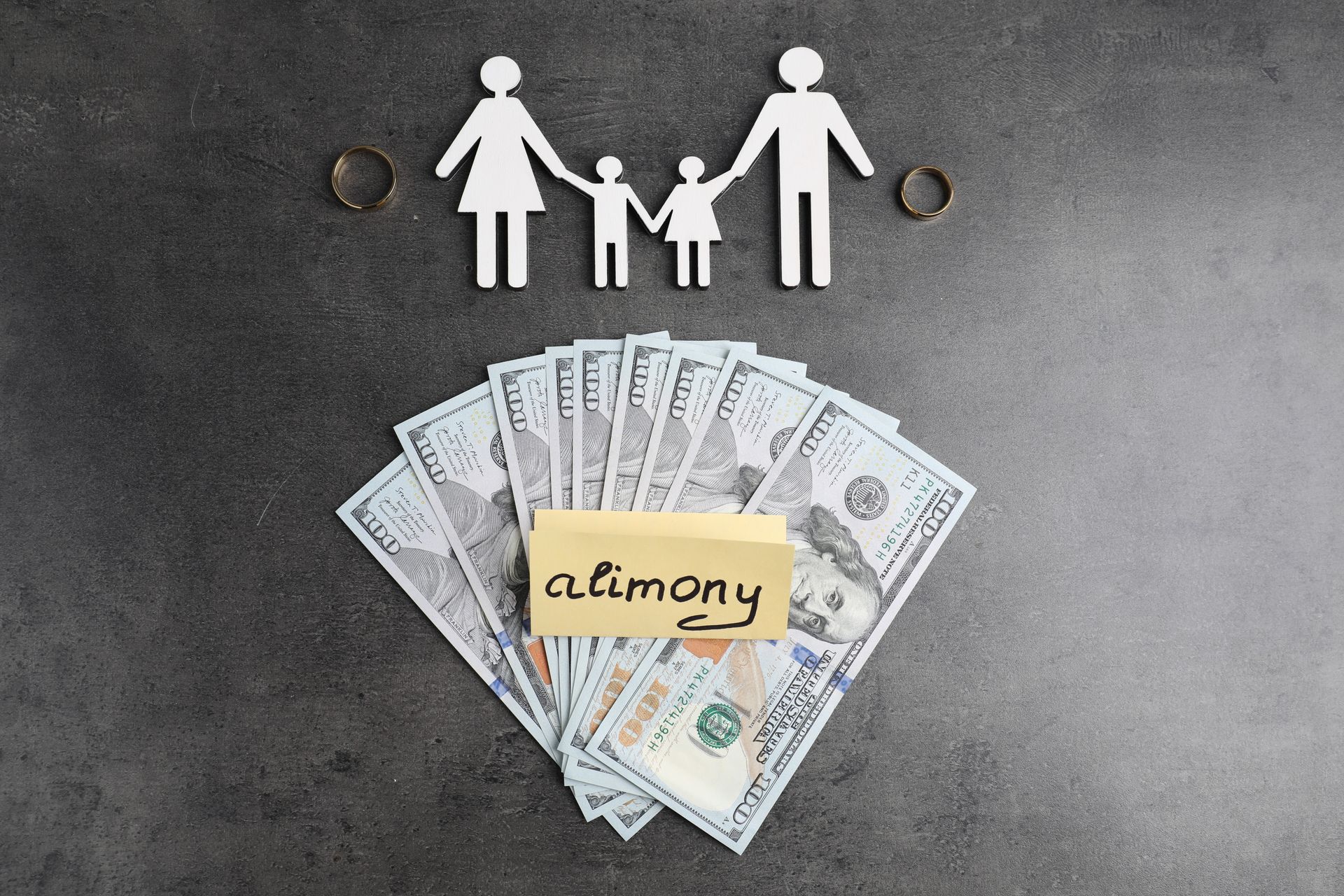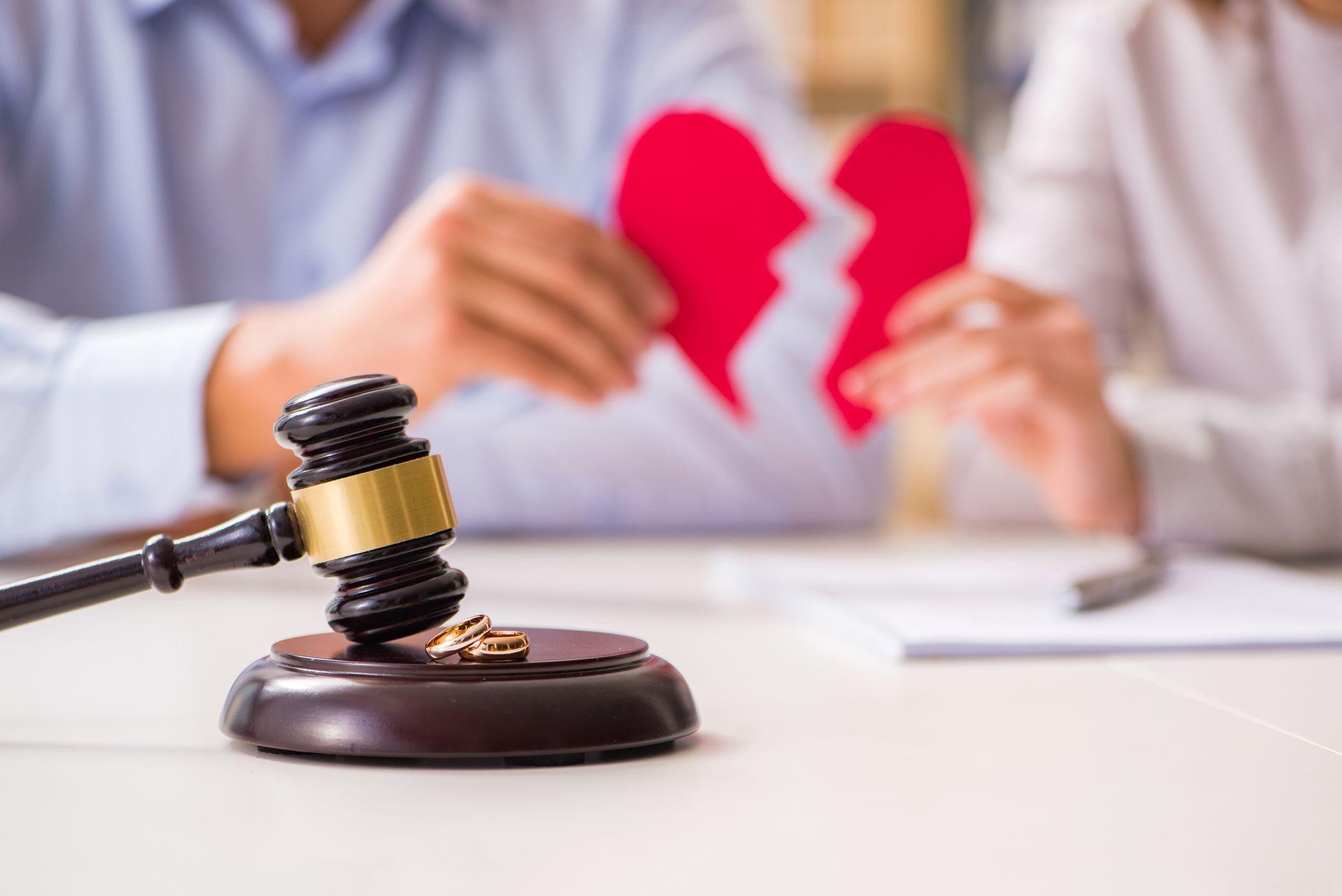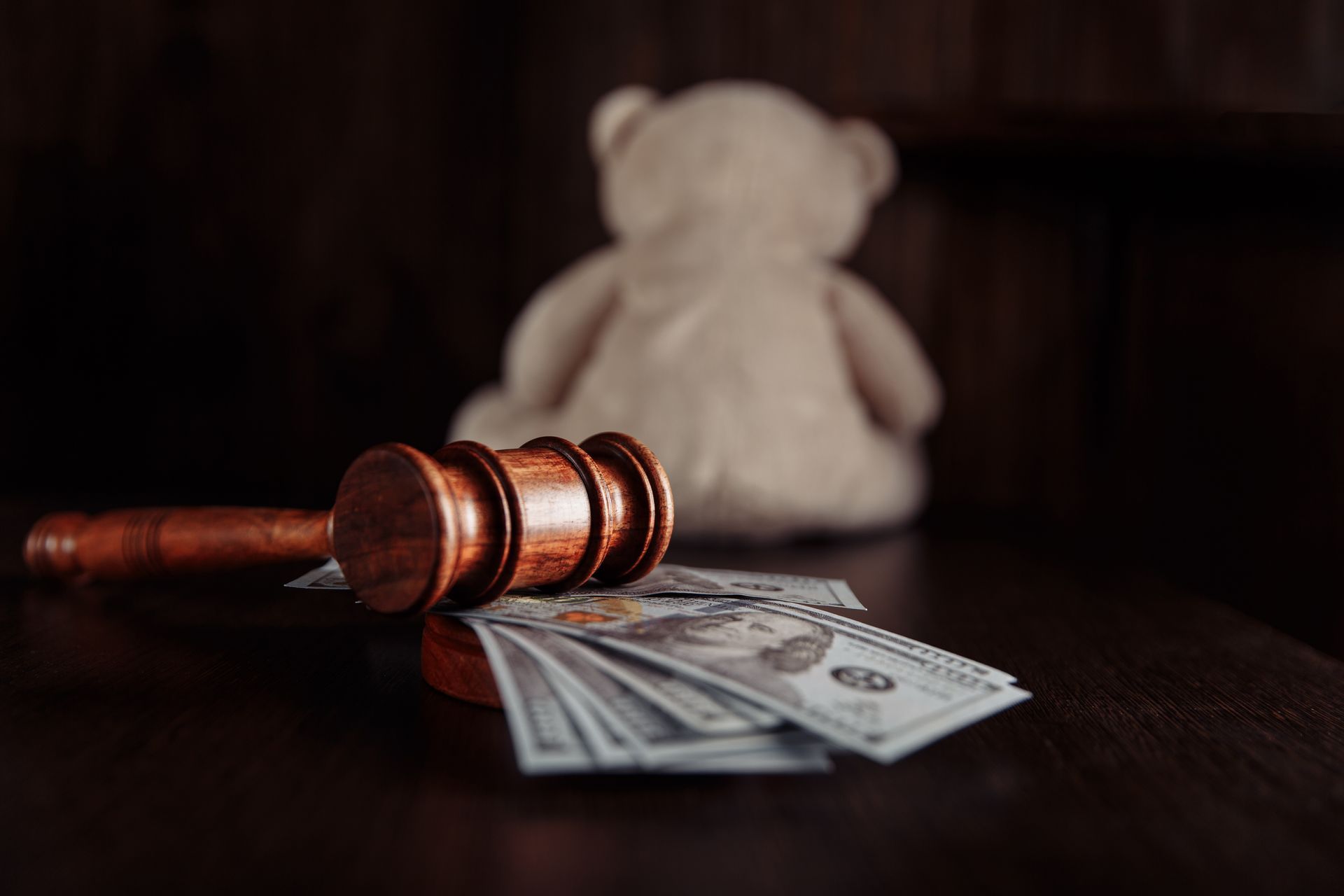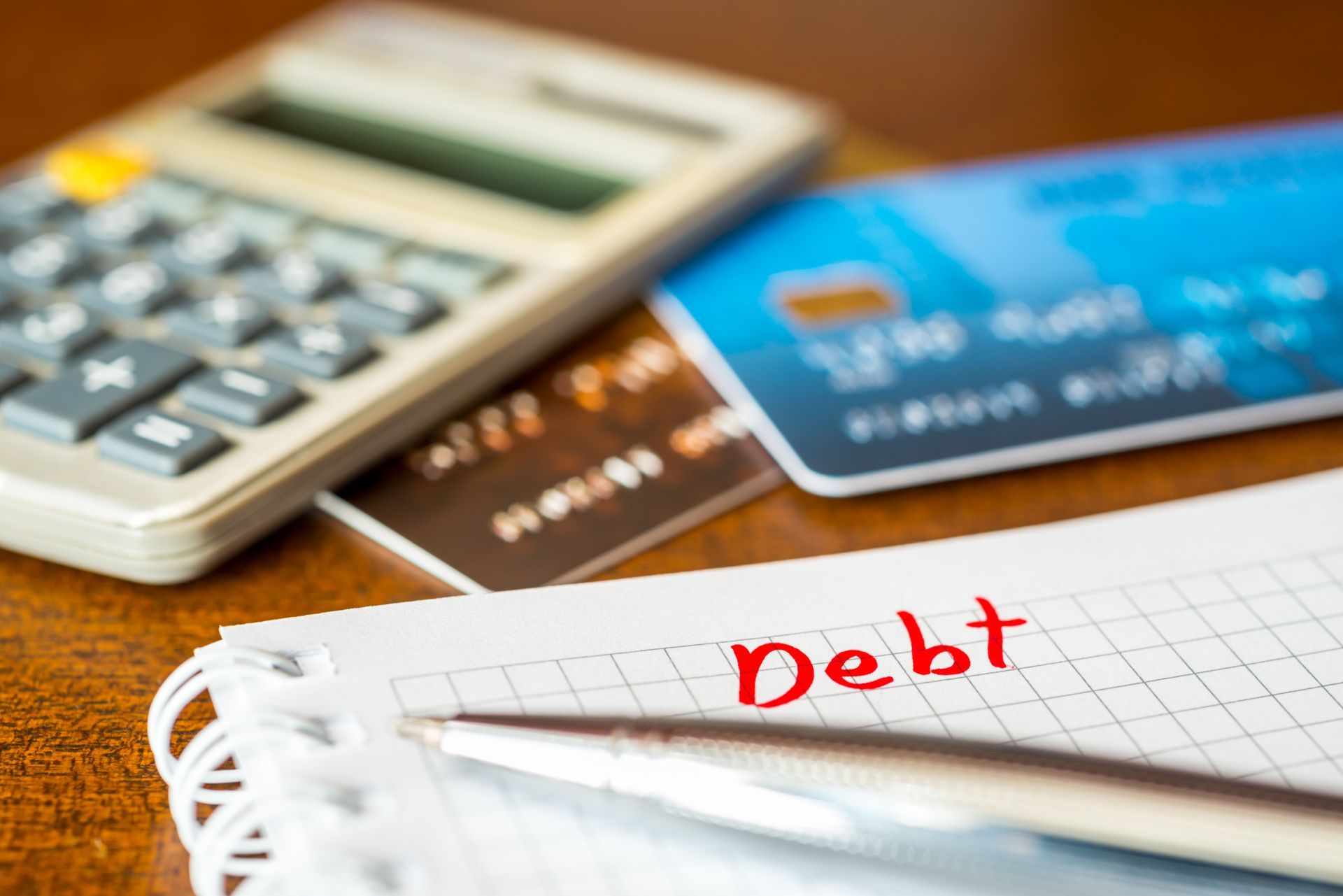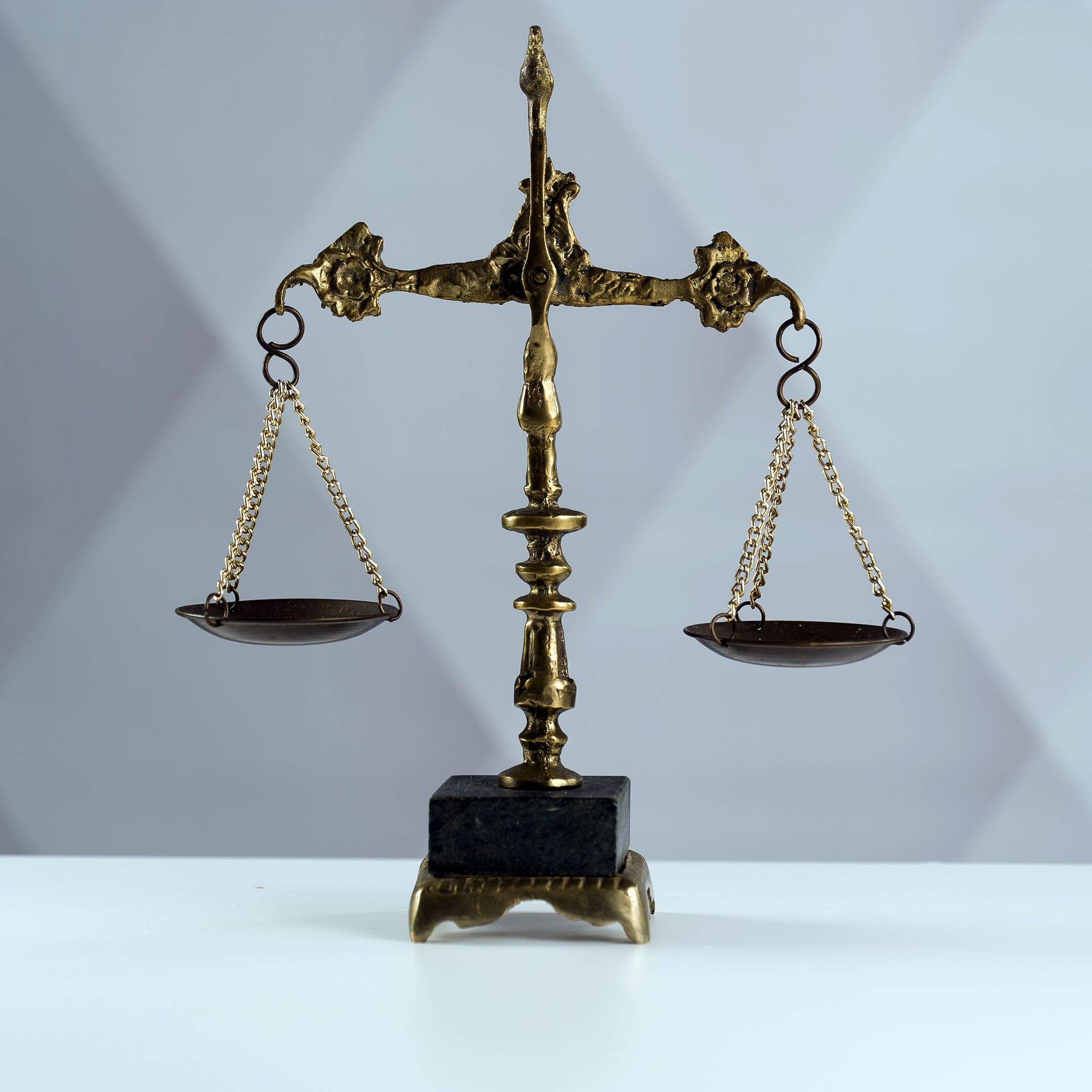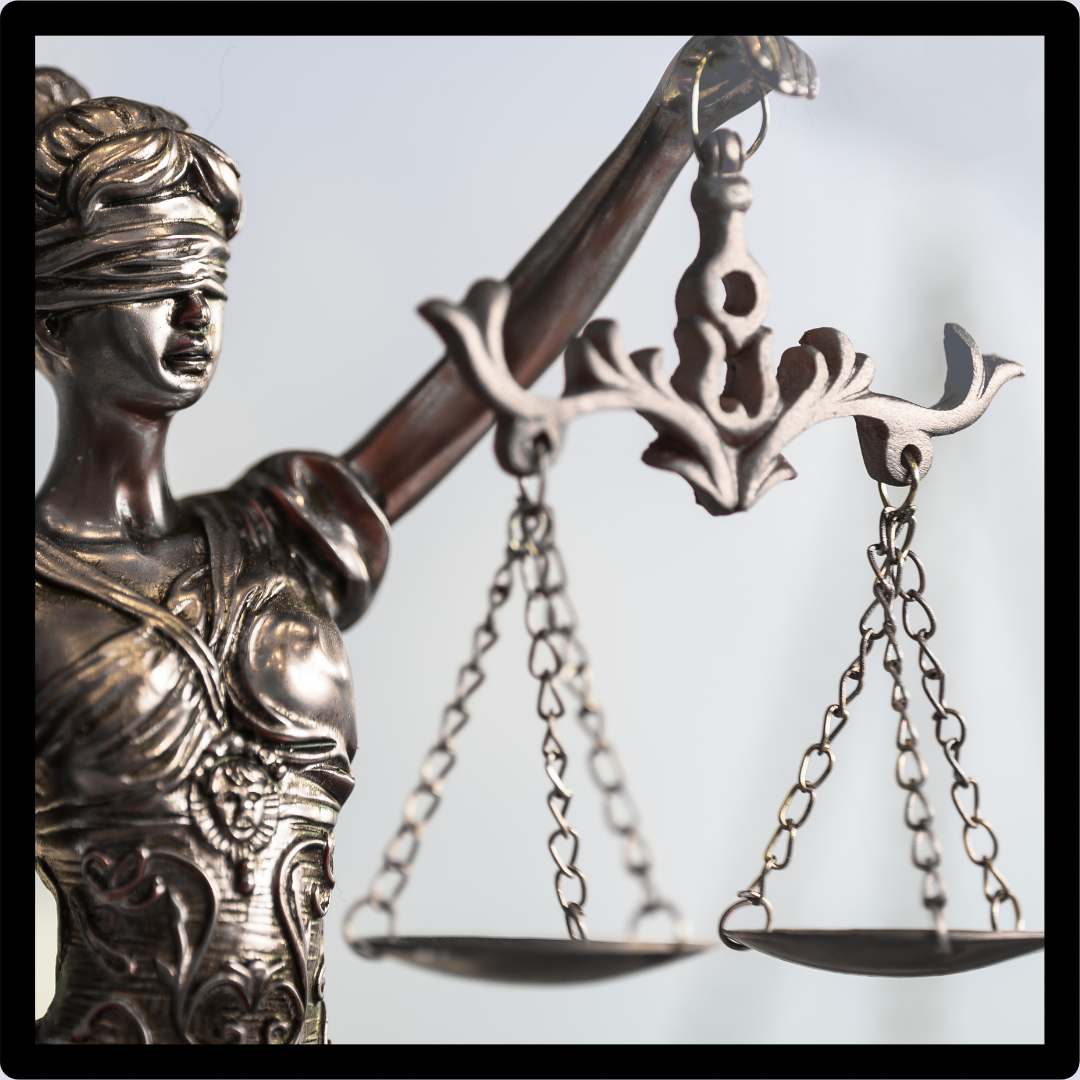Chapter 13 Bankruptcy in South Carolina: A Strategic Step Toward Financial Recovery
Chapter 13 Bankruptcy in South Carolina: A Strategic Step Toward Financial Recovery
If you're facing overwhelming debt but want to keep your home, car, and other important assets, Chapter 13 bankruptcy could offer the structured relief you're looking for. Unlike Chapter 7, which focuses on liquidation, Chapter 13 allows you to reorganize your debt into a manageable payment plan—giving you time, flexibility, and protection under federal bankruptcy law.
At Ward Law Firm, we help individuals and families throughout South Carolina understand whether Chapter 13 is the right fit for their financial situation and long-term goals.
Why Consider Chapter 13 Bankruptcy?
For many people, falling behind on house or car payments doesn’t happen all at once. Life circumstances like job loss, medical bills, or divorce can quickly disrupt even the most carefully planned budgets. Chapter 13 allows you to catch up on those missed payments through a court-approved repayment plan—while keeping your home, vehicle, and other personal property.
Some of the key benefits include:
- Stopping foreclosure or repossession
- Catching up on mortgage arrears or car loans
- Consolidating unsecured debts into one payment
- Possibly reducing the amount you owe on certain debts
- Reinstating a suspended driver’s license (in certain traffic-related cases)
This type of bankruptcy doesn't wipe your debts clean immediately, but it provides a legal path to get current, reduce interest and penalties, and protect what matters most.
Who Is Eligible for Chapter 13?
To qualify, you need a steady source of income that allows you to make consistent monthly payments. This can come from wages, retirement income, Social Security, disability, or even rental income. Unlike corporations, individuals and sole proprietors are eligible, provided their debts fall within the court’s specified limits.
A means test will help determine if Chapter 13 is an appropriate option, especially when your disposable income—what remains after covering necessary living expenses—is enough to support a payment plan over three to five years.
If you're unsure whether you qualify, our team can walk you through the evaluation process before you file.
What Happens After You File?
Once your Chapter 13 petition is filed, an automatic stay goes into effect, immediately halting foreclosure proceedings, wage garnishments, lawsuits, and creditor phone calls. From there, you'll work with your attorney to create a repayment plan that fits within your income while meeting the court’s requirements.
The plan must be approved by the bankruptcy court, which will review whether it's feasible, submitted in good faith, and whether unsecured creditors will receive as much as they would under a Chapter 7 case. During the repayment period, you’ll make regular payments to a court-appointed trustee, who then distributes the funds to your creditors.
Completing your plan may result in remaining eligible debts being discharged—offering you a clearer path to financial stability.
Is Chapter 13 the Right Move for You?
Deciding whether to pursue Chapter 13 bankruptcy isn’t just about financial paperwork—it’s about regaining peace of mind, protecting your home, and creating a plan that aligns with your future. For many people, it’s the first step toward rebuilding credit and restoring financial confidence.
If you're dealing with missed payments, threats of foreclosure, or creditor pressure, Chapter 13 might give you the time and structure you need to get back on track.
Ready to Take Control of Your Financial Future?
If you think Chapter 13 bankruptcy might be right for you, the first step is a conversation. The team at Ward Law Firm is here to help you understand the process, weigh your options, and move forward with confidence.




